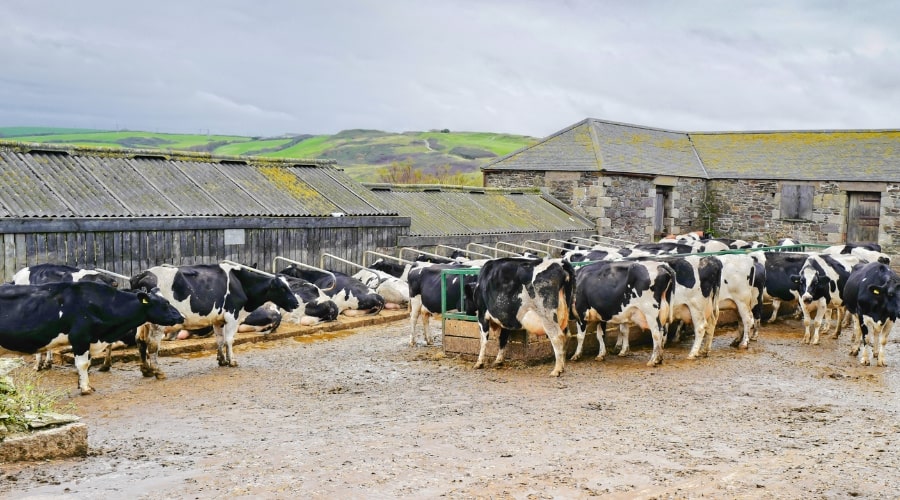Managing waste on a dairy farm effectively is essential for protecting the environment and improving operational efficiency. By focusing on reducing, reusing, and recycling, as well as proper waste treatment, you can minimize waste and comply with environmental regulations.
Reduce, Reuse, and Recycle
Start by reducing the amount of waste generated. Use precise feed management to avoid excess feed waste. Optimize water usage during cleaning and milking to reduce wastewater.
Reusing materials saves costs and reduces waste. For instance, use old feed bags for temporary storage or other non-critical tasks. Manure is another reusable resource. Process it into organic fertilizer or use it as a bioenergy source.
Recycling is an important part of sustainable waste management. Identify recyclables like plastics, metal drums, and other consumables. Partner with local recycling facilities to dispose of these items responsibly. Ensure used plastics and packaging materials are cleaned before recycling to prevent contamination.
Treat Waste Properly
Proper waste treatment is critical for minimizing environmental harm. Install a manure management system to handle animal waste. Options include anaerobic digesters, composting, and lagoon storage. These systems reduce odors and produce by-products like biogas or compost.
Segregate hazardous waste such as chemicals, expired medicines, and cleaning agents. Store these separately and dispose of them through certified waste management services. Avoid dumping untreated wastewater into the environment. Set up a wastewater treatment plant to filter and purify effluent before disposal.
Regularly test soil and water quality around your farm to ensure waste management systems are effective. This helps prevent harmful pollutants from entering local ecosystems. Keep records of waste disposal to comply with environmental regulations.
Maintain Equipment and Infrastructure
Well-maintained equipment reduces waste and improves efficiency. Regularly service milking machines, water pumps, and manure spreaders to avoid breakdowns. Broken equipment often leads to spills and increased waste.
Inspect storage facilities for leaks or damage. Ensure that manure pits, composting areas, and silos are properly sealed to prevent waste from leaching into the soil. Address any infrastructure issues promptly to maintain a clean and safe environment.
Train workers to handle waste and maintain equipment properly. Provide clear guidelines for cleaning and maintenance routines. When everyone understands their role, waste management becomes more effective.
Recycle Plastics and Drums
Plastics and drums used on farms, such as feed bags, chemical containers, and milk storage drums, should be recycled. Clean these items thoroughly before recycling to meet the requirements of recycling facilities.
Look for opportunities to upcycle materials. For example, repurpose plastic containers as storage bins or feed dispensers. Upcycling reduces waste and adds value to otherwise discarded items.
Collaborate with suppliers who offer take-back programs for packaging. This ensures that used materials are properly recycled or disposed of. Advocate for biodegradable packaging when ordering supplies to further reduce plastic waste.
Checklist for Effective Waste Management
- Reduce: Minimize feed and water waste through efficient management practices.
- Reuse: Process manure into compost or bioenergy and repurpose old materials.
- Recycle: Identify and recycle plastics, drums, and other consumables.
- Treat: Install manure management and wastewater treatment systems to prevent pollution.
- Maintain: Regularly service equipment and inspect infrastructure for leaks or damage.
- Train: Educate workers on waste management best practices.
By implementing these practices, you can significantly improve waste management on your dairy farm. Proper waste management not only protects the environment but also enhances the sustainability of your farming operations.


